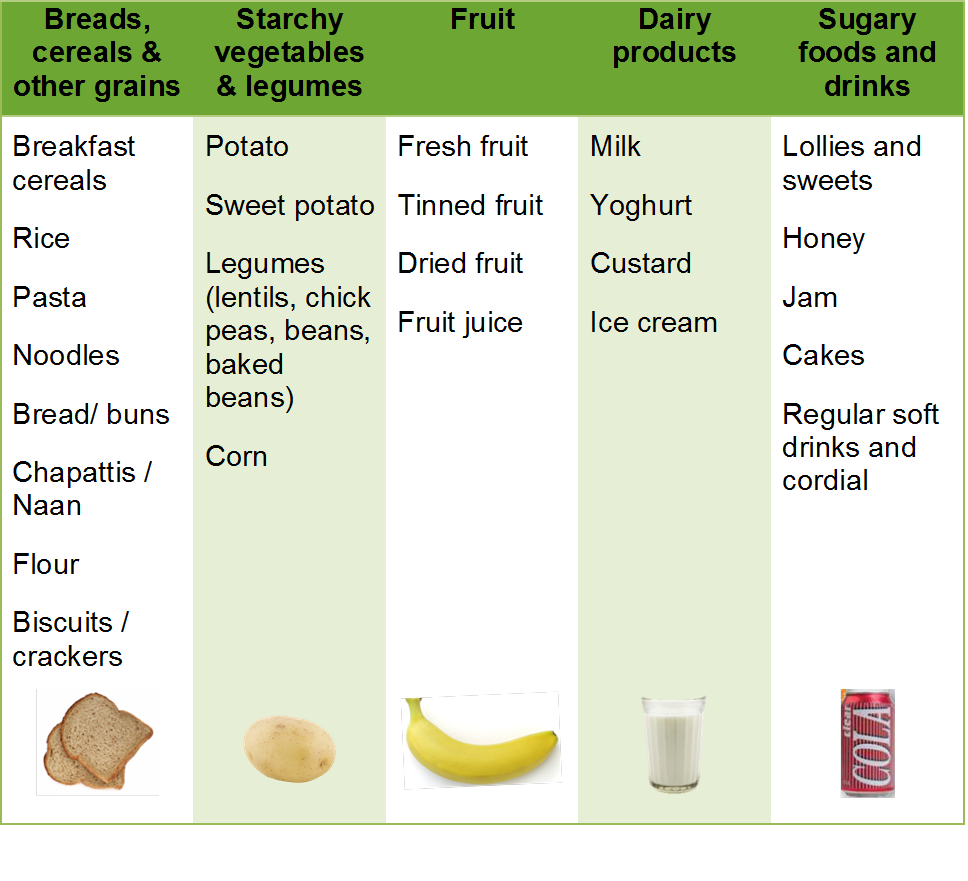
Many people wonder what causes obesity. While obesity is not usually caused by "gland disorders", they can be contributory factors. Overeating, stress, and genetics could all be causes. You could be at high risk of becoming obese if you have an eating disorder. This article will cover all these issues and how they impact your health. This article was written to address the problem of obesity.
Overeating
There are many negative effects of eating too much, including a larger stomach and more sluggishness. Excess weight can lead to cancer and other chronic diseases. You can also have trouble sleeping. In addition, if you tend to eat large meals, your health will suffer, as will the health of your organs. Fortunately, there are solutions to help you lose weight. Follow these tips to prevent obesity.

Insulin resistance
Inflammation and insulin resistance are two common problems associated with obesity. Insulin resistance can be defined as a condition that prevents your body from properly utilizing glucose from your blood. In excess glucose, fatty acid is formed. Fatty acids are the precursors of fatty fat. In response to insulin, the liver increases production of fatty acids and subsequently becomes resistant to the hormone. In addition, the resistance to insulin leads to a higher level of fasting blood glucose, which increases the levels of baseline insulin. This can lead to unhealthy levels of calorie intake and fat stored in the liver.
Genetics
Although obesity is often blamed on genetics, it doesn't necessarily cause it. Although genetics can influence our weight, celebrities have overcome their natural tendency to gain weight. Whether or not genetics play a role in obesity is still unclear, but many factors are likely to be involved. These are the main factors you need to be aware of. Genetics play a major role in obesity and weight gain.
Stress
The body's stress response is what causes weight gain. The stress response puts the body into a "fight-or-flight" mode, with the release of adrenaline and glucose to deal with the perceived threat. After adrenaline runs out, cortisol (another stress hormone) kicks in to help with energy storage. Obesity is a major cause for both men and woman.
Physical activity is not enough
Large amounts of observational research have shown that higher levels of physical activity are associated with lower rates chronic diseases. Also, physical inactivity is a major contributor to reduced life expectancy. The energy balance is essential for understanding obesity, its pathogenesis, and treatment. Physical activity burns calories. A moderate increase in physical activity can significantly improve one's health and reduce the risk of developing diabetes, heart disease, and cancer.

Environment
Environmental factors may influence obesity, but the exact mechanism is unclear. Black JL, Macinko J and Macinko J have both suggested that there may be a combination factor, such as diet and physical exercise, that could explain why we are so overweight. Additionally, increasing obesity rates could contribute to the global climate crises. The environment and human health can both be improved by addressing this problem. Carbon dioxide is a greenhouse gas produced by humans. The amount of carbon dioxide that we release depends on how fast we burn calories, our average body size and the number of people living in a given society.
FAQ
Are there any side effects to intermittent fasting
Intermittent fasting does not have any known side effects. However, if you don't plan properly, you might experience some minor issues.
For example, if you skip breakfast, you might be irritable all day long. It is possible to experience headaches and muscle cramps.
These symptoms are usually gone within a few days.
How long does weight loss take?
It takes time to lose weight. It usually takes six to eight months to lose 10%.
Remember that you should not expect to lose weight in a matter of hours. Your body will take time to adjust to changes in diet.
This means that you should gradually change your diet over several days or weeks.
Fad diets are not recommended as they don't work. Instead, you should focus on changing your daily routine.
You should stop eating unhealthy snacks late at nights, for example.
Eat healthier meals earlier in evening. You'll be able to eat healthier meals earlier in the evening, and you won't snack later at night.
It is important to drink lots of water throughout the day. Water helps keep your body hydrated, and prevents you from becoming dehydrated. Dehydration makes you feel tired and sluggish.
Drinking lots of water throughout the day can help you stay energized, focused, and alert.
Doing things that are relaxing can help you reduce stress. For instance, you could spend some quality time with loved ones.
You can also listen to music or read books.
These activities will help you unwind from stressful situations. They will also improve your mood, self-esteem, and overall well-being.
You should consider your health when trying to lose weight.
Your physical fitness level is an indicator of your overall health. So, if you want to get fit, you should start with proper nutrition and regular exercise.
What is the best time to do Intermittent fasting in order to lose weight
The answer is not as simple as you might think. It is important to take into account a number of factors when deciding the optimal days for fat loss. These are:
-
Your age. Intermittent fasting can be difficult for young people (under 40). This is because they have less time to recover after each fast. Alternately, if your age is over 60, intermittent fasting might prove too challenging because you may not have enough energy to last for extended periods of time.
-
Your current body composition. A longer period of fasting is more beneficial for those with a lot of muscle mass. If you don't have a lot of muscle mass, shorter fasting periods may be more suitable.
-
How physically active are you. To ensure adequate rest between workouts, you might need to extend your fasting period if you exercise frequently.
-
Your past medical history. Additional fasting monitoring may be required for certain medical conditions such as diabetes or heart disease.
-
What is your tolerance for stress? Stressful situations often make us eat less. To avoid this problem, you may need to increase the length of your fasting windows.
-
Which type of diet you choose. Certain diets, like ketogenic diets, may require even longer fasting periods.
-
Your sleep quality. Also, a lack of sleep has been linked with increased appetites and decreased metabolism. Therefore, it may take some experimentation before determining what works best for you.
-
The amount of protein you consume. Protein stabilizes blood sugar levels. Therefore, eating more protein could result in lower insulin levels. This would allow one to fast for longer periods.
-
It doesn't matter if you want to gain or lose fat, those who are trying for weight gain will often require longer fasting periods.
-
What percent of your daily calories are you consuming during your fasting time? You may lose more weight if you eat fewer calories each day than if you eat more.
-
Your overall fitness level. The metabolic rate of fast people who are fit is higher, which means they burn more calories each day.
-
Your gender. Men tend to have greater appetites that women, so they may need a longer fast. Women are more likely to have smaller appetites and may need to fast only 20-30 minutes every day.
-
Your lifestyle. Are you someone who gets plenty of physical activity? Are you able to exercise several times per week? Do you work at a desk all day? All of these things can affect the amount of time you should fast.
-
How much money do your spend on food every day? Not all healthy food means you need to spend a lot more on groceries. Whole grains can be substituted for white bread, whole fruits can be purchased instead of candy bars and lean meats over fatty cuts.
-
How important it can be to control your appetite. You don't have to skip meals if you don’t want to.
Statistics
- Another study found that 24 weeks of weight training led to a 9% increase in metabolic rate among men, which equated to burning approximately 140 more calories per day. (healthline.com)
- Among women, the increase in metabolic rate was nearly 4%, or 50 more calories per day (14Trusted Source (healthline.com)
- According to Harvard Health, it's estimated that a 155-pound (70-kg) person burns roughly 112 calories per 30 minutes of weight training (5). (healthline.com)
- It's estimated that half of all American adults attempt to lose weight every year (1Trusted (healthline.com)
External Links
How To
How to Lose Weight Fast Without Exercise
To lose weight quickly, eat fewer calories that you burn. This will allow your body to begin burning stored fat for energy. Your body will reduce the amount of calories you eat and begin to use that energy to make muscle tissue, leading to some muscle reduction. Although you can lose weight even if you aren't working out, it's likely that you'll lose more muscle mass.
It is possible to lose weight fast and not have to exercise by reducing your calorie intake. Many people believe that they need to reduce their food intake in order to lose weight. However, this is not true. When you're trying to lose weight, you want to make sure you're eating fewer calories than you're burning. How much food should you eat each day? It depends on what kind of activity you engage in daily. For example, a runner who walks 3 to 5 miles per day would only require 2,500 calories daily. A person who sits at a computer all day would need around 1,600 calories per day. Someone who exercises (e.g., lifting weights) daily would need around 1,600 calories.
You should reduce your caloric intake if you want to lose excess weight. Many people believe that they need to eat less because they feel starving. This is not true. Your body doesn’t care about whether you’re hungry. It simply wants to function correctly. Tracking your calorie intake is key to losing weight. Many apps are available online that can help you monitor your calorie intake. Some of these apps include MyFitnessPal, Calorie Counter, and LoseIt!